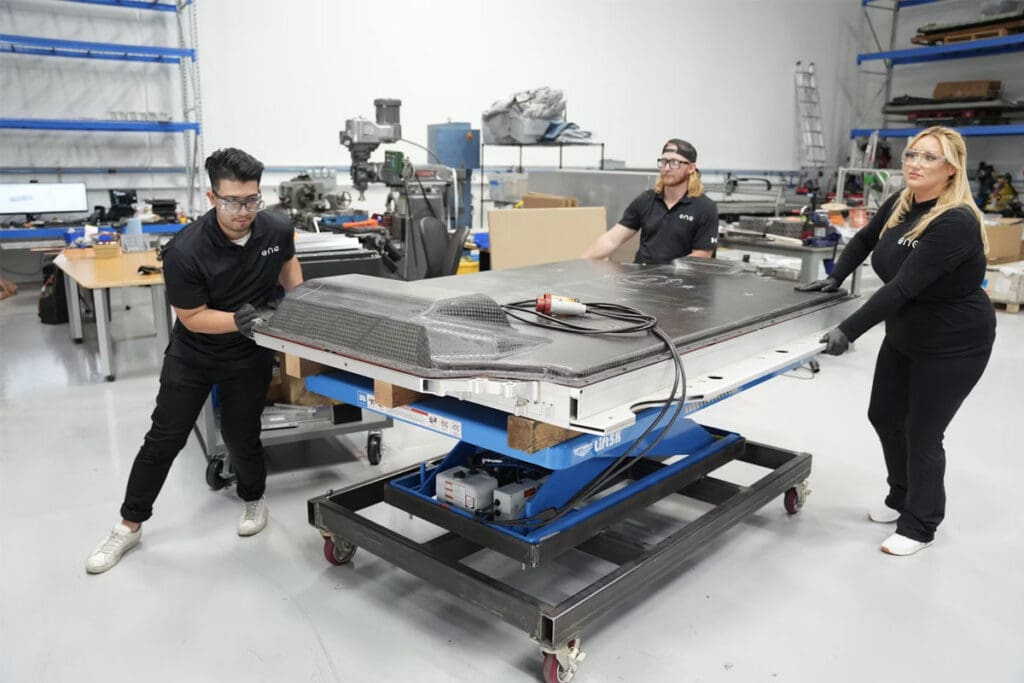Lithium Iron Battery Closes Performance Gap to Nickel Cobalt Systems

Michigan, US
A US energy storage technology company recently announced further progress in the range and energy density of its lithium iron phosphate (LFP) battery system, as a safer option to nickel cobalt manganese (NCM) and with greater availability of raw materials.
Michigan-based Our Next Energy (ONE) says its Aries II LFP battery pack has closed the gap in range and mass to within six percent of the leading benchmark nickel cobalt manganese (NCM) pack used in electric passenger vehicles.
ONE says the Aries II batteries don’t contain nickel or cobalt and cost 25% less than comparable NCM batteries. Iron, a key ingredient in LFP batteries, comprises five percent of the earth’s crust, while nickel and cobalt comprise less than 0.01%.
In addition, it says LFP is a safer chemistry because it avoids self-oxidation, making it less prone to thermal runaway than NCM batteries.
“LFP batteries have many advantages over NCM batteries, including cost and durability, while using safer and more abundant materials,” ONE founder and CEO Mujeeb Ijaz said.
“The key shortfall has been range and energy density. By engineering a battery pack with similar energy density to NCM, ONE has made LFP a sustainable alternative.”
ONE says it has now achieved an energy density of 263 watt hours per litre (Wh/L) and 162 watt hours per kilogram (Wh/kg), representing 34% and +23% improvements respectively over the existing LFP benchmarks.
ONE aims to finalise compliance and begin production of Aries II batteries by late 2024.
